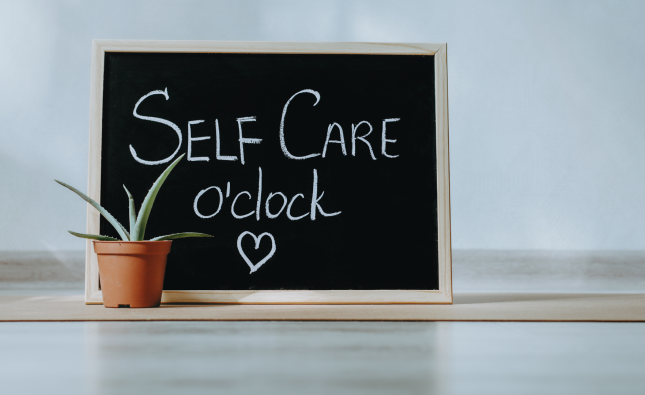
Water is essential for life, and we rely on it for various daily activities, including washing our faces and bodies. However, not all water is created equal. While we often pay attention to the quality of the water we consume, such as ensuring it’s clean and free from contaminants, we often overlook the impact of water quality on our skin. One aspect that deserves our attention is the presence of hard water and its potential harm to our skin.
Hard water is water that contains high levels of minerals, particularly calcium and magnesium. These minerals are naturally present in the earth and can find their way into our water sources, making it “hard.” While hard water is not harmful to consume, its effects on the skin can be concerning.
One of the main issues with hard water is its ability to disrupt the skin’s natural moisture barrier. The minerals in hard water can form a residue on the skin’s surface, preventing it from effectively retaining moisture. This can lead to dryness, irritation, and even exacerbate existing skin conditions such as eczema or psoriasis. Moreover, the residue can clog pores, leading to the development of acne and breakouts.
Furthermore, hard water can leave a film on the skin after washing, making it feel sticky or tight. This residue can also interfere with the performance of skincare products, as it creates a barrier that hinders their absorption into the skin. As a result, the effectiveness of your moisturizers, serums, and treatments may be compromised, leading to suboptimal results.
The damaging effects of hard water are not limited to the skin on our faces. Our bodies, including the skin on our arms, legs, and torso, can also be affected. Regular exposure to hard water during showers or baths can lead to overall dryness, itchiness, and discomfort.
It’s worth noting that the impact of hard water on the skin can vary depending on the individual’s skin type and sensitivity. Some people may be more susceptible to the negative effects, while others may not notice a significant difference. However, it’s important to be aware of these potential risks and take appropriate measures to protect and care for your skin.
So, what can be done to minimize the damage caused by hard water? One option is to install a water softener system in your home. These systems work by removing or neutralizing the minerals in hard water, resulting in a softer and gentler water supply. Alternatively, using a water filter or a showerhead filter specifically designed to reduce mineral content can also help mitigate the effects of hard water on the skin.
In addition to addressing the water quality, there are skincare practices that can help counteract the negative effects of hard water. Using a gentle cleanser that is formulated to remove impurities without stripping the skin’s natural oils is essential. It’s also beneficial to follow up with a hydrating moisturizer to replenish the skin’s moisture barrier.
In conclusion, the impact of water quality on our skin should not be underestimated. Hard water, with its high mineral content, can pose risks to the health and appearance of our skin. Understanding the potential harm it can cause, such as disrupting the skin’s moisture barrier and clogging pores, is crucial. By taking steps to mitigate the effects of hard water and adopting a suitable skincare routine, we can minimize the damage and maintain healthy, radiant skin.










